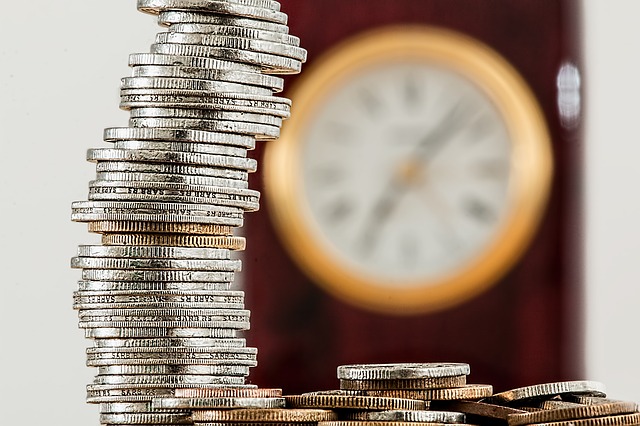Investing in Gibson Energy Inc. (TSX:GEI) stock today could earn income investors a fat 7.96% dividend yield on an annual basis today. Could this be the time to invest to capture the yield before the stock price rebound?
Gibson is a midstream service provider to the oil and gas industry with operations across producing regions throughout North America. It is engaged in the movement, storage, blending, processing, marketing, and distribution of crude oil, condensate, natural gas liquids (NGLs), water, oilfield waste, and refined products.
Gibson currently pays a $0.33 quarterly dividend for a yield of 7.96% at the stock price of $16.59. The company has been consistently paying dividends for six solid years. Although the payout has stayed flat since 2016, the company has a history of increasing the payout each year for the five years between 2012 and 2016.
The company increased the 2013 dividend by 8.9% from $1.10 to $1.20. This was followed by another 9.1% dividend increase in 2014, boosting the yield from 4.01% to 4.41%. Another 6.7% increase was effected in 2015 for a dividend yield of 9.26%. Last year, the company offered a 3.1% dividend increase.
However, while the current dividend yield is great, the company’s annual net losses since 2015 would likely scare some investors away. But there are some considerations you need to make before making a pass on this stock’s offering.
The company’s cash flow stability has continued to improve recently. The company is focused on constructing two new fully contracted 400,000 barrel Edmonton tanks as well as constructing up to four new tanks in Hardisty in an attempt to increase contracted cash flow available to support and ultimately grow the dividend.
Analysts already see a sustained improvement in Gibson’s business prospects after the recent asset sale and debt restructuring and a return to profitability in the third quarter of 2017.
Gibson’s first-quarter (Q1 2017) adjusted operating earnings were 17% higher than those of the same period in 2016. Most reassuring is that distributable cash flow from continuing operations increased by 153% to $42 million.
After selling its industrial propane business to Superior Plus for $435 million during the first quarter of the year, the company restructured its debt obligations very impressively in the first quarter of 2017.
Gibson went on to raise cheaper senior unsecured debt that matures in 2024 and repaid more expensive debt that was due in 2020 and 2021. The company has reduced long-term debt, reduced annual interest costs, and extended its debt-maturity profile.
These measures have significantly improved the firm’s cash flows and risk profile while improving the quality of the dividend payout.
At the same time, Gibson is also deepening its investment to the infrastructure segment, and volumes have been picking up in the last half of 2016. This new fully contracted capacity will most likely secure the company’s dividend while driving the firm back to sustainable profitability.
Investor takeaway
It’s not likely that the Gibson will increase its dividend this year, as it is consolidating from prior losses and strengthening the newly refocused operations.
However, the improving cash flows make a great case for an income investment, especially considering management’s expressed and demonstrated commitment to dividend payouts, even during the recent loss-making periods.
I do not see a current threat to this company’s dividend payout, but I would recommend your thorough due diligence before investing.
Happy investing.





